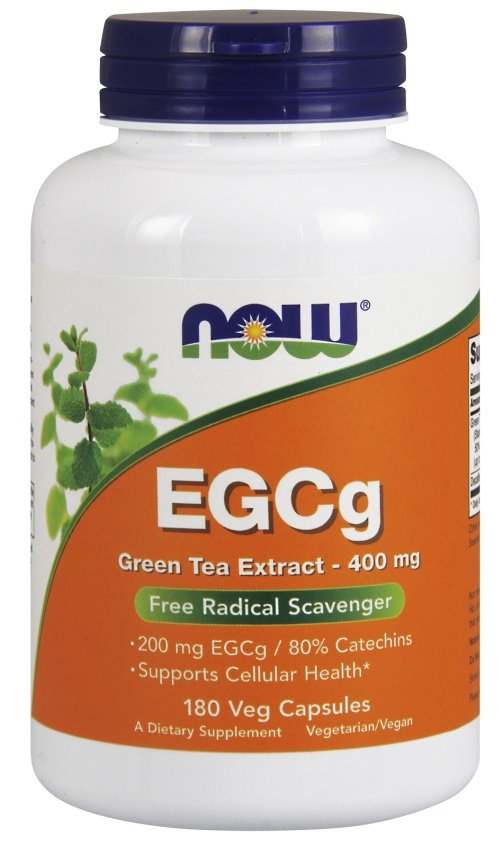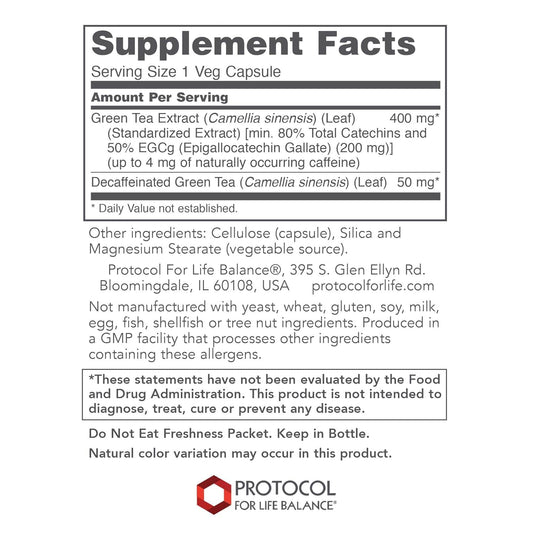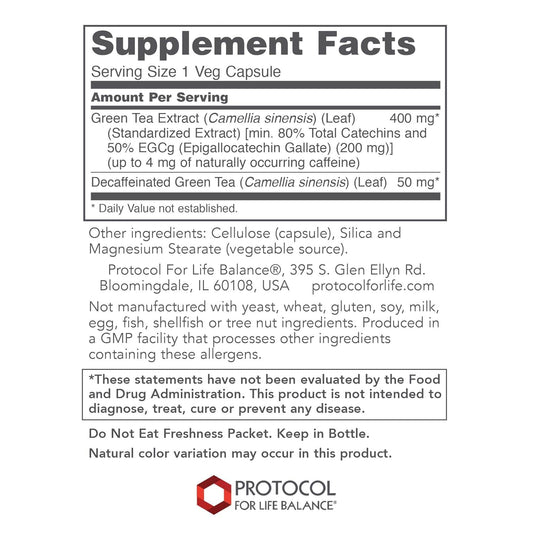Green Tea Extract is a powerful and versatile dietary supplement renowned for its numerous health benefits. Derived from the leaves of Camellia sinensis, Green Tea Extract is rich in antioxidants, particularly catechins like EGCG, which play a pivotal role in promoting wellness and vitality. This natural supplement is designed to support a healthier lifestyle by boosting metabolism, enhancing energy levels, and supporting overall well-being.
In the collection of products available for sale, you will find various formulations of Green Tea Extract tailored to meet different nutritional needs and preferences. Whether you are looking for capsules, powders, or liquid extracts, this range provides convenient options to easily incorporate this beneficial supplement into your daily routine.
Green Tea Extract can help improve mental clarity and focus due to its combination of caffeine and L-theanine. These compounds work synergistically to enhance cognitive function without causing the jitteriness often associated with other stimulants. Additionally, it supports cardiovascular health by helping to maintain healthy cholesterol levels and promoting better blood circulation.
For those aiming to manage their weight or enhance their fitness regimen, Green Tea Extract offers metabolism-boosting properties that can aid in fat burning and improve exercise performance. Its antioxidant content also plays a crucial role in protecting cells from oxidative stress caused by free radicals.
Furthermore, incorporating Green Tea Extract into your diet helps promote healthy aging by supporting skin health through its anti-inflammatory properties. Users report experiencing improved skin texture and reduced signs of aging over time.
Overall, whether you are seeking enhanced cognitive function increased energy better cardiovascular health or effective weight management solutions this collection of Green Tea Extract products provides reliable options backed by nature’s potent ingredients ContentEnd




















 Rated Excellent by 26,523+ Reviews
Rated Excellent by 26,523+ Reviews